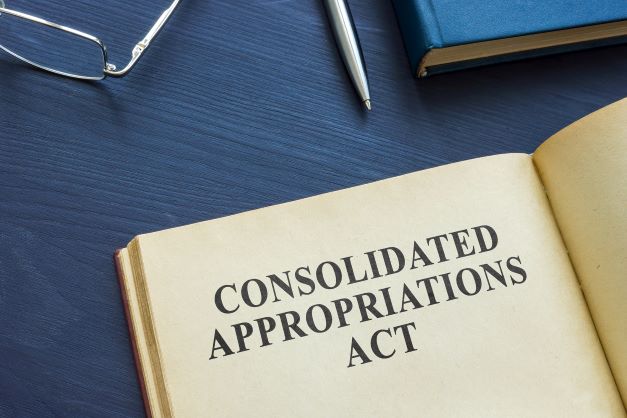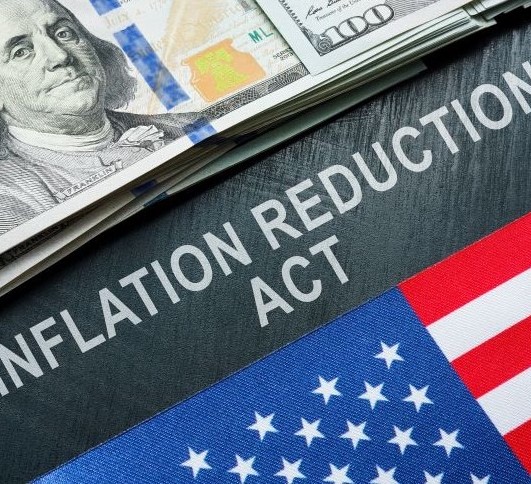As of January 1, 2017, Illinois employers who offer paid sick time to eligible employees are subject to the Illinois Employee Sick Leave Act (“Act”). The Act requires employers to allow employees to use paid sick leave benefits for his/her absences due to the illness, injury, or medical appointment of the employee’s child, spouse, sibling, parent, parent-in-law, grandchild, grandparent, or stepparent. The terms by which this time off is granted is the same by which the employee is allowed paid sick time for his/her own personal use.
The Act applies to those Illinois employers who already had a sick leave policy prior to January 1, 2017, or who, on their own, will be voluntarily adding such a policy in the future. The Act does not mandate that employers adopt a sick leave policy if one is currently not in place. That being said, employers in the City of Chicago will be required to provide eligible employees with sick leave benefits beginning July 1, 2017, under the Chicago Paid Sick Leave Ordinance. Employers who already have a paid leave policy in place to care for covered family members are not obliged to change their policies.
Under the Illinois Employee Sick Leave Act, employers may limit the use of sick leave for absences due to illness, injury or medical appointment of covered family members to an amount of time not less than that which an employee would accrue during a six-month period. Effectively, this amounts to employers being able to restrict the use of sick leave to no more than one-half of his/her sick leave benefit to care for covered family members. Furthermore, the Act does not extend the maximum amount of leave as granted by the Family Medical Leave Act.
Since its enactment at the start of 2017, the Illinois Employee Sick Leave Act has been amended to reflect several modifications. One of the most basic changes to the Act is the expansion of covered family members to include stepchildren and domestic partners. Another amendment to the Act expressly maintains that employers may request written verification of the employee’s absence from the relevant health care provider if such documentation is required by the employer’s paid leave policy.
There are also exemptions to the Act. For instance, those subject to Title II of the Railway Labor Act, the Railroad Unemployment Insurance Act, and the Federal Employers’ Liability Act are exempt. Additionally, the Act does not serve to interfere with those subjected to a collective bargaining agreement where the issue of paid sick leave is addressed. It is recommended that unionized employers address the matter with legal counsel so as not to violate any terms of their labor agreement.
The Act also expands the definition of “personal sick leave benefit” to account for
any paid or unpaid time available to an employee as provided through an employment benefit plan or paid time off policy to be used as a result of absence from work due to personal illness, injury or medical appointment.”
The reference to unpaid time suggests that the Act could possibly pertain to typical unpaid leave policies, such as an unpaid medical leave policy, which is traditionally limited to illnesses or injuries of the employee. However, the redefining of “personal sick leave benefits” indicates that unpaid leave must be available via an “employee benefit plan or paid time off policy.” If unpaid time is allowable under a paid time off policy, such time off must be allowed for covered family members as well.
As always, before executing any changes to employment policies, one should consult with legal counsel to gain further clarity as to how the Act affects one’s organization.








